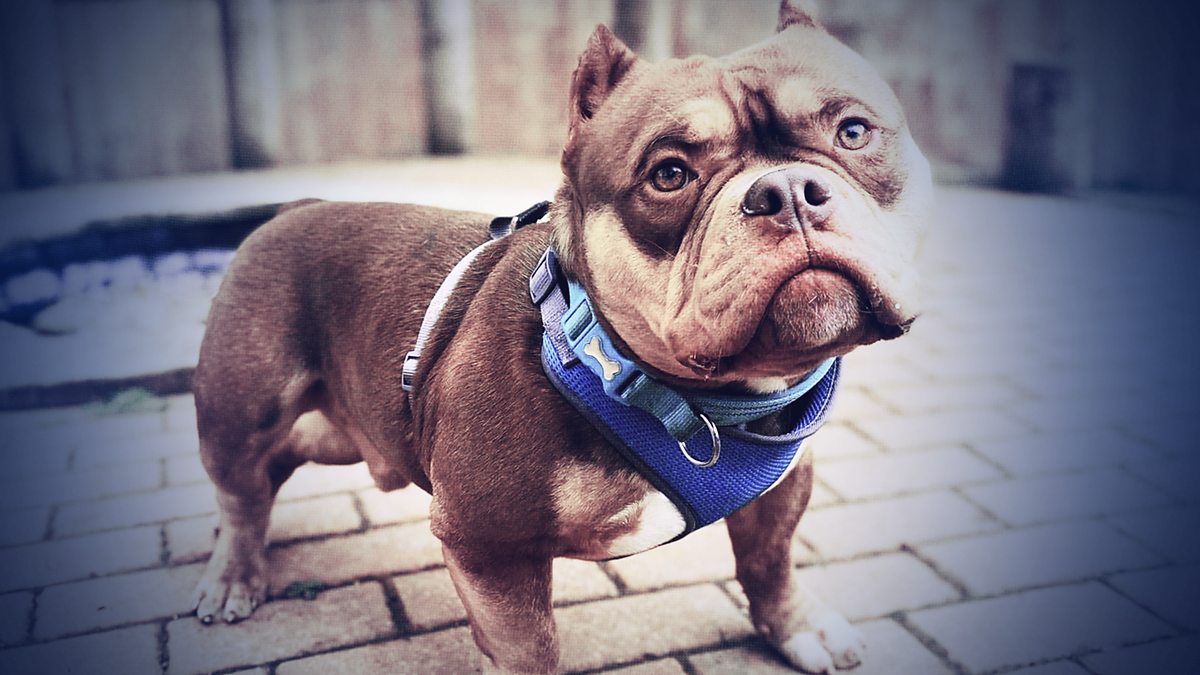Because it's just you getting confused by the presence of some uncertainty, I'm glad you're finally acknowledging that you understand I'm not making an argument that this is monocausal, therefore you can drop the silly questions about whether I acknowledge that the environment is a factor etc.
You're the one who needs to drop the 'monocausal' witter. That was your beef, not mine!
But I'm glad that you accept my assertions, at least in that regard.
You've seen a headline on a pop science article saying that "your dog's genes, but not necessarily breed, play a big role in its behaviour" but the underlying paper doesn't support the assertion you've been making, it's just highlighting some uncertainty which of course has thrown you.
No, I actually read the study and a good number of the supporting references (
which included the one you posted).
If you had read it, you'd have seen quotes like this:
"Most behavioral traits are heritable [heritability (
h2) > 25%], but
behavior only subtly differentiates breeds. Breed offers little predictive value for individuals,
explaining just 9% of variation in behavior. For more heritable, more breed-differentiated traits, like biddability (responsiveness to direction and commands),
knowing breed ancestry can make behavioral predictions somewhat more accurate (see the figure). For less heritable, less breed-differentiated traits, like agonistic threshold (how easily a dog is provoked by frightening or uncomfortable stimuli),
breed is almost uninformative".
So 91% is not enough for you?
And acknowledging that genes do in fact play a role in behaviour but then claiming this has nothing to do with breed is just mental gymnastics not supported at all by the actual paper underlying the article you linked to:
"We propose that behaviors perceived as characteristic of modern breeds derive from thousands of years of polygenic adaptation that predates breed formation, with modern breeds distinguished primarily by aesthetic traits"
In other words, the 'breed behaviours' you harp on so much are down to ancestral genetics being the more defining factor, because they massively predate the whole concept of 'breed', the latter of which is mostly concerned with physical appearance.
Now where have I heard that very assertion before......?
Breed explains some behavior variance
In the owner surveys, breed explains a larger fraction of the variance in behavior phenotypes (110 questions and eight factors) than size, sex, or age,
but the effect is relatively small (
Fig. 4, B and C; fig. S9A; and data S9). In an analysis of variance (ANOVA) of confirmed purebred dogs representing 78 breeds, the breed effect, measured as generalized eta squared (ges) (
51),
averages 0.089 ± 0.039 (±SD) (range 0.034 to 0.253), correlates with heritability (
Rpearson = 0.89;
p = 7.9 × 10−44) (fig. S9B),
and is about fivefold higher for the physical traits characteristic of breeds than for behavioral traits (fig. S9C). The same analysis using the less stringent “candidate purebred” breed definition is nearly perfectly correlated with the confirmed purebred analysis (
Rpearson = 0.99,
p = 5.2 × 10−102;
N = 125), with ges values ~30% lower (mean ratio = 0.70 ± 0.11) (fig. S9D).
So again, breed only accounts for a
small part of variance in behaviour, compared to appearance.
"Behavioral factors show high variability within breeds, suggesting that although breed may affect the likelihood of a particular behavior to occur, breed alone is not, contrary to popular belief, informative enough to predict an individual’s disposition".
"Associations to physical traits, but not behaviors, tend to overlap signals of genetic differentiation in modern breeds, suggesting that
aesthetics, and not behavior, has been the focus of selection".
The list goes on....
The actual paper directly contradicts what you're claiming, it's just the presence of some uncertainty that's thrown you. The next bit delves into within-breed variance for some breeds, but of course, we also know from the Royal Society paper that between-breed variance is far larger.
"Studies, however, found that within-breed behavioral variation approaches levels similar to the variation between breeds, suggesting that such predictions are error prone even in purebred dogs".
How exactly does "similar levels" mean "far larger" in your world?
"Overall,
breeds were only subtly differentiated on behavioral phenotypes. In the confirmed purebreds, only 5.1% (30/583) of breed-phenotype pairs were significantly differentiated for behavioral questions, compared with 41.5% (17/41 pairs) for physical traits. Scores for behavioral questions were not more correlated with each other than were scores for physical questions (table S7)".
I suppose I should be grateful that you have at least read
some words of the study.
We'll work on you understanding it later.





